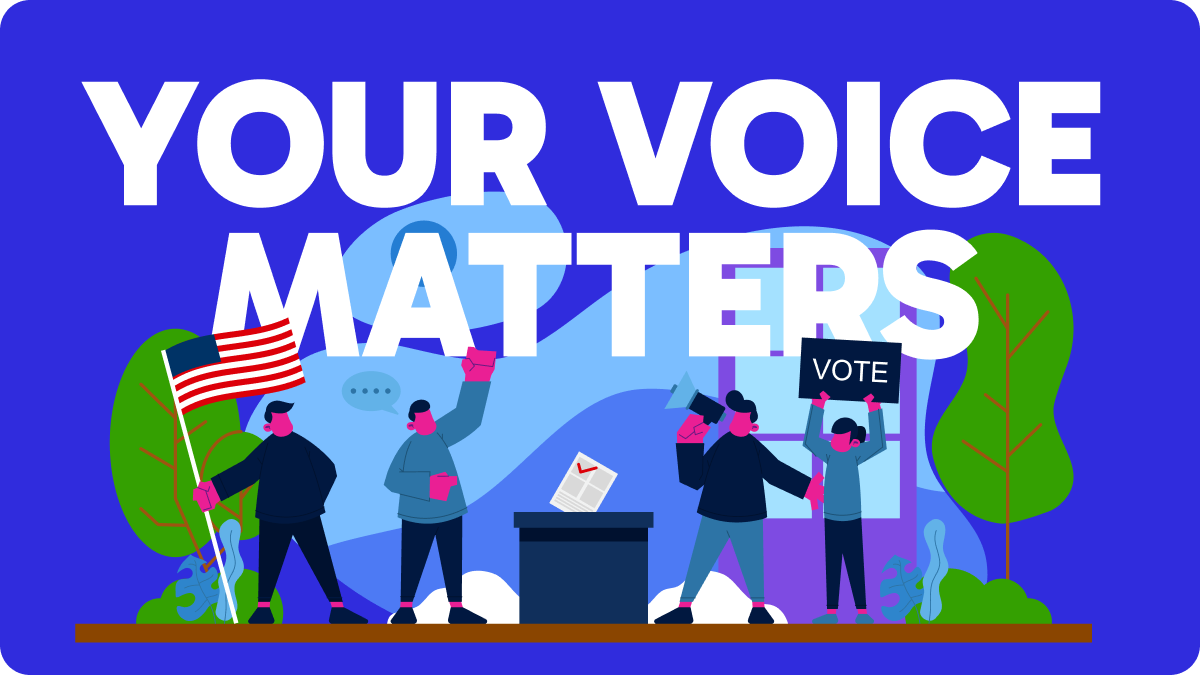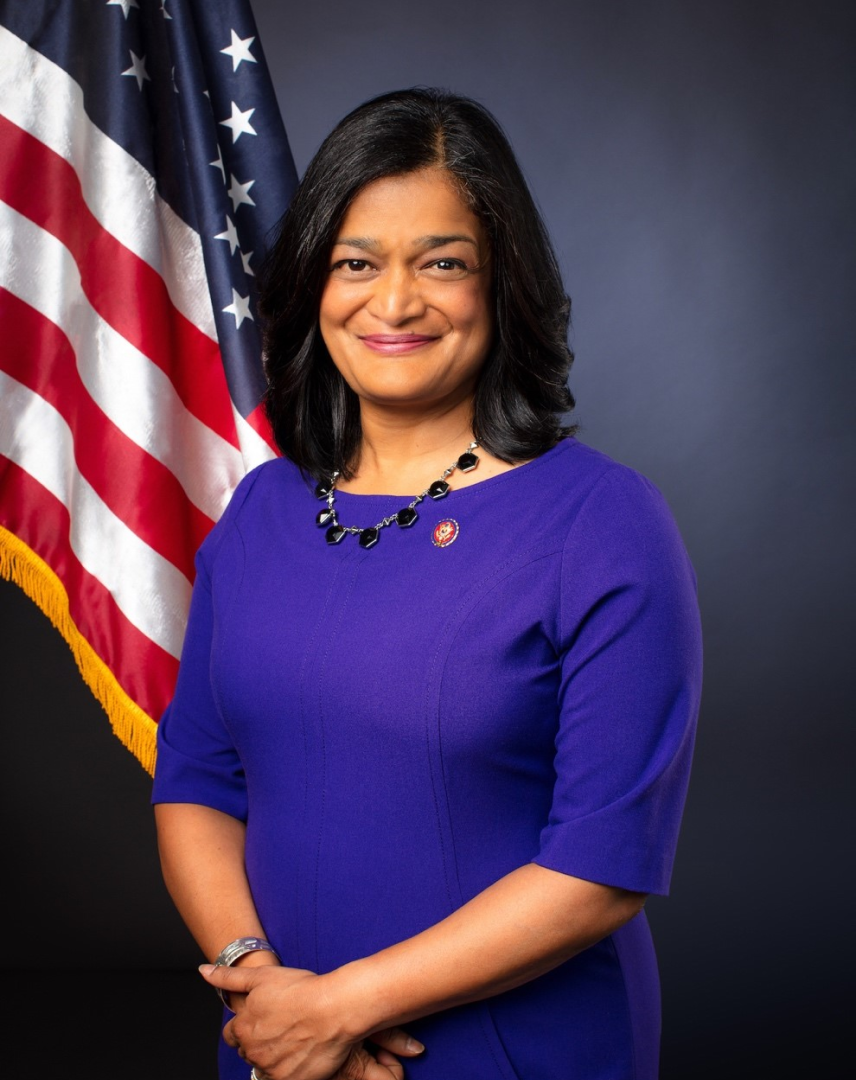Why Should I Apply For Citizenship? Having a Voice in Your Community's Future
Every naturalization ceremony starts with the Oath of Allegiance, where new citizens swear to "support and defend the Constitution of the United States." This solemn promise marks more than just the end of your immigration journey—it's the beginning of your full participation in American democracy. As a U.S. citizen, you get powerful new ways to shape your community's future and make your voice heard.

New Concept: Voting Rights
The most fundamental way citizens participate in democracy is through voting. As a naturalized citizen, you gain the right to vote in all elections—from your local school board to presidential races. This means you have a direct say in decisions that affect your daily life, from education policy to tax rates to national leadership.
Making Policy Changes
Citizenship opens doors to leadership roles at every level of government. You can run for almost any public office, serve on local boards, or work in government positions that require citizenship.
Example: Naturalized Citizens in Congress
Currently (as of February 2026), more than 25 members of the U.S. House of Representatives are naturalized citizens, proving that the highest levels of public service are open to those who choose to become American.

Take Representative Pramila Jayapal from Washington state, who became a U.S. citizen in 2000. Born in India, she came to America at age 16 for college and built a career advocating for immigrant rights. Before entering Congress, she founded OneAmerica, Washington state's largest immigrant advocacy organization. Today, she serves as the first South Asian American woman elected to the House of Representatives, where she works on immigration reform, healthcare, and education.
Stories like Representative Jayapal's show how naturalized citizens can progress from community advocacy to national leadership, bringing their unique perspectives and experiences to shape American policy.
Beyond Traditional Government Roles
Citizenship creates opportunities for civic participation beyond voting and holding office. As a U.S. citizen, you can:
- Serve on a jury, helping ensure justice in your community
- Apply for federal grants and contracts
- Participate in federal programs that require citizenship
- Volunteer for organizations that work with sensitive government programs
Taking Action After Naturalization
Becoming a citizen is just the beginning of your journey in American civic life. Here are some steps you can take to get involved:
- Register to vote as soon as you're naturalized
- Attend local government meetings
- Join neighborhood or community organizations
- Consider serving on local boards or commissions
- Look for volunteer opportunities in your area
Remember, every way you participate—whether it's voting in a local election or serving on a city commission—helps shape your community's future. Your voice, perspective and experience as an immigrant are valuable contributions to American democracy.
Frequently Asked Questions
Are there any jobs that a naturalized citizen can not hold?
Yes, but there are only two. Being born a citizen of the United States is one of the eligibility requirements for being president. This also applies to the vice president, because they would need to be able to act as the president if the elected president was incapacitated. This is defined in the U.S. Constitution.
Do I need to wait before I can vote after becoming a citizen?
No. You can register to vote as soon as you become a citizen. In fact, many naturalization ceremonies have voter registration tables set up right outside, allowing you to register immediately after taking your oath of citizenship.
Can I run for Congress as a naturalized citizen?
Yes! The Constitution requires that U.S. Representatives must be citizens for at least seven years, and Senators must be citizens for at least nine years. Once you meet these requirements, you can run for these offices. Here are examples of many U.S. politicians born outside of the United States.
Do I need special qualifications to serve on a jury?
No. The main requirements for jury service are being a U.S. citizen, at least 18 years old, and having no disqualifying criminal record. Your English needs to be good enough to understand the proceedings, but you don't need to be a native speaker.
Do federal jobs require you to be a natural-born citizen?
No. Most federal jobs are open to all U.S. citizens, whether naturalized or natural-born. However, some positions that require high-level security clearances might have additional citizenship duration requirements.
This article is part of our "Should I Apply For U.S. Citizenship?" Guide — a comprehensive resource for understanding the benefits and challenges of the naturalization process.